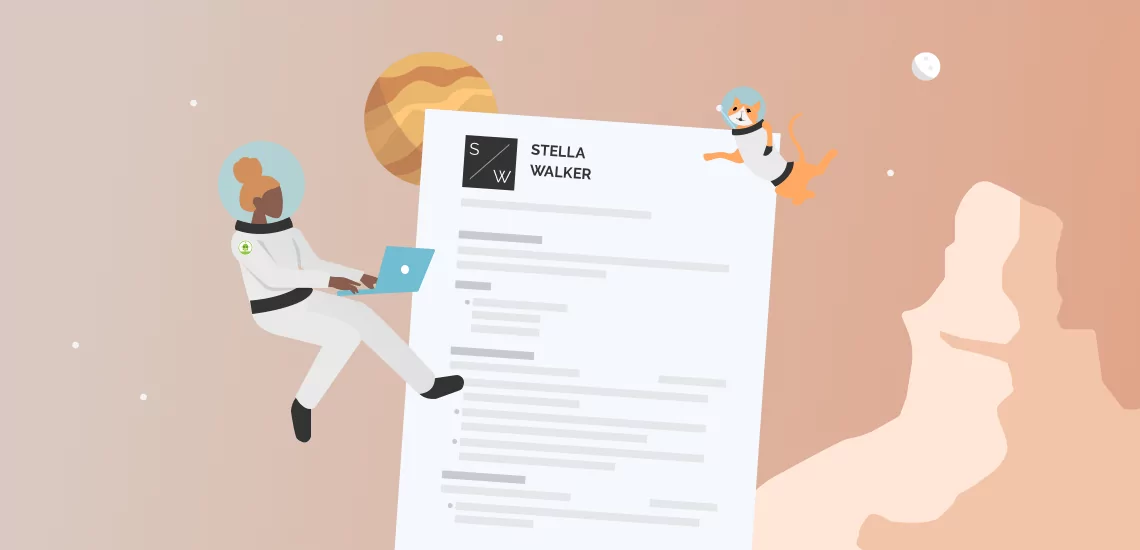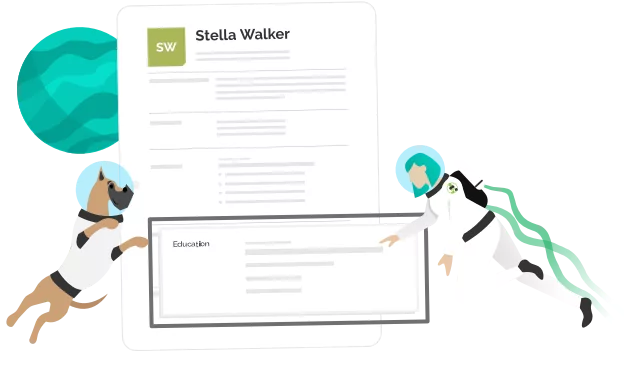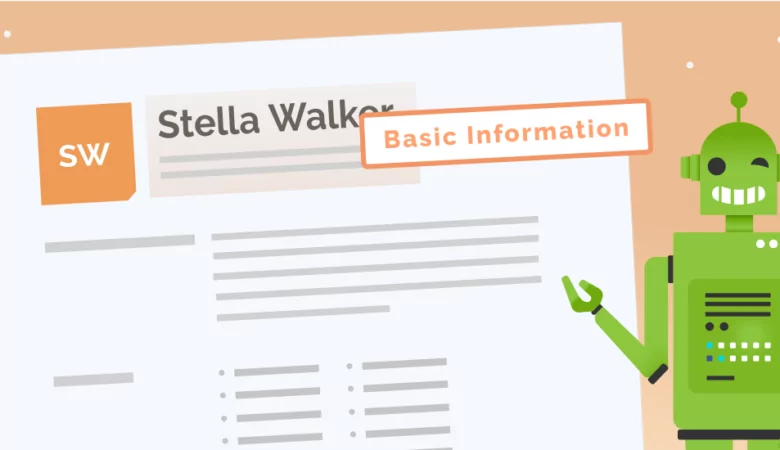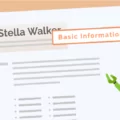Recruiters in law enforcement want qualified job seekers who can stay calm under stress and make good decisions. Police officer resume examples can get you started on writing a professional resume.

Stunning Police Officer Resume Examples for This Year
Police Officer Resume Examples
A job in criminal justice is not for the faint of heart. Emergency situations and matters of public safety require a cool head, great interpersonal skills and a certain dauntless nature. Hiring managers want to know that you are firm but fair, that you understand state and federal law, and that you are not easily intimidated. As so much of this is a matter of your soft skills, it can be hard to write a convincing police officer resume. This article will help you to:
- Understand what police department recruiters want
- Structure a great, basic resume
- Tailor your basic resume to stand out from other candidates in every application

What to Highlight in a Police Officer Resume
When looking for new police officers, recruiters want candidates who can assess difficult situations and make quick, logically sound decisions based on ethical and safety concerns, as well as the law. ] It takes a special person to be a patrol officer. The best resume is one that proves your ability to stay calm under stress and maintain empathy in the face of conflict. This means focusing on giving examples of times when you have resolved conflicts and managed stress, as well as proving that you have the necessary education and training. In most cases, a high school diploma in addition to academy training is required. However, any specialist learning highlights a candidate’s qualifications and passion for the role.
Structure for a Police Officer Resume
This basic resume structure includes all of the essential sections that a hiring manager or recruiter will be looking for when performing a police officer job search:
Header
Your resume header should include your full name and your contact information (e.g. phone number, location and email address). You can also include links to your professional job networking or social media profiles, like LinkedIn.
Resume summary or objective
If you lack work experience, it might be best to include a resume objective. This is a statement of career goals and intentions. If you have a lot of work experience, a resume summary will be better. This is a summary of your most relevant work experience, achievements and skills.
Skills
A resume skills section should include 8 to 12 bullet points detailing the most relevant skills to the job application. Examples of resume skills for a police officer include:
- Crime scene protection
- Criminal investigations
- Writing citations
- First aid
- First responder triage
- Ordinances
- Assessing crime rates
- Traffic accidents
- Proactive crime prevention
- Monitoring criminal activity
- Investigating suspicious activity
- Enforcing traffic laws
- Report writing
- Team management
- Communication
- Patience
- Conflict resolution
- Problem solving
Work experience
Your work experience section should contain up to 10 years of experience, presented in reverse-chronological order. Whether you have previous experience as a police officer or you have primarily worked in other roles such as a security guard, you should discuss your most relevant and notable achievements in each role.
Education
The education section should include your most relevant and advanced academic qualifications. If you have a degree in criminal psychology, for example, you should not list your high school diploma or GPA. If you have already completed any basic training for law enforcement, include that information in this section.
Do’s and Don’ts for a Police Officer Resume
Once you have a basic resume, you can polish it by following these simple tips and avoiding these common pitfalls:
-
DO:
- Choose the right resume format.
The right resume format is crucial to success. Functional formats are ideal if you have limited work experience so you can focus on skills, instead. Chronological format is great for experienced candidates. A hybrid (combination) resume format, focusing on skills and experience, may be preferable to those with limited or irrelevant experience.
- Tailor your resume for each application.
A great resume will turn heads, but only the perfect resume will get you a job interview for your dream job. Tailor your resume and cover letter to the details in each specific job posting in addition to the requirements of each police department that you apply to. This will give you the best chance of success.
- Use active language.
When you discuss your achievements, use active language to describe each task performed. Do not use simple phrases like “I was responsible for” and “I was tasked with” since those shift the initiative to someone else. Instead use verbs like, “Initiated,” “Developed” and “Created” to take ownership of your success.
-
DON’T:
- Be vague.
Use specific metrics and figures to talk about your achievements and successes when possible. For example, say, “Created a stock management system that reduced theft and loss by 18%” rather than “I helped to prevent stock loss.”
- Use more than one page.
Your resume should be a maximum of one page in length unless you’re applying for a senior or specialist position that asks for decades of experience. The idea of a resume is to provide an easy-to-scan snapshot of relevant experience. Hiring managers will ask for more information and ask for more detail in a job interview.
- Be modest.
If you have a working knowledge of criminal law because of a class you took in college or you’re a regional CrossFit champion, include this information. It can be tempting to leave these tangentially relevant details out to avoid the impression that you’re bragging, but you have to be your own biggest fan to get a great job. Showing confidence is the key.
If you want to make the process of creating an effective, attractive professional resume easier, you should consider using the ResumeNerd resume builder.
FAQ: Police Officer Resume Examples
Yes. The recruiter will expect to receive a cover letter with your police officer job application. As such, a good cover letter is crucial for success. If you want to write a cover letter, you should start by re-reading the job description and your resume. Your cover letter should not repeat information from your resume but instead, build upon it. Focus on giving additional information or context that will help you stand out among other candidates and in the mind of the hiring manager.
If you are fresh out of the police academy and you want to get a new job, your performance in the academy and your previous work experience will be your most valuable assets. Your professional resume should highlight your greatest strengths and most notable achievements while remaining truthful. So, if you have previously worked in security or have experience in dealing with domestic violence as a community support officer, be sure to highlight this. As long as you pass your academy training you should be able to get an entry-level position.
If you’ve decided to leave law enforcement to start a new career, your years of experience in the police force will be useful. Police and military veterans are highly employable thanks to the high-stress, ethics-oriented nature of these roles. All you have to do is frame your experience as a patrol officer or detective in a way that applies to the job you want to get. For example, if you are applying for a business manager role, you can focus on the communicative and problem-solving parts of the job.








